From the melodies that make us groove to the heartfelt lyrics that stir our emotions, the production of a song is a captivating blend of art and technology. But have you ever wondered about the price tag behind these musical masterpieces?
Join us as we uncover the secrets and costs that go into creating your favorite tunes.
How Much Does It Cost to Produce a Song?
Determining the cost of music production is no simple task, as it varies greatly depending on individual circumstances.
While there isn’t a universal price tag, aspiring music producers often find themselves investing in quality software and equipment, which typically falls within the range of $1,000 to $5,500.
The silver lining is that you might already possess some of the necessary gear, alleviating the financial burden. Although creating music comes with its expenses, gaining a thorough understanding of your essential requirements can be the key to streamlining costs without compromising on quality.
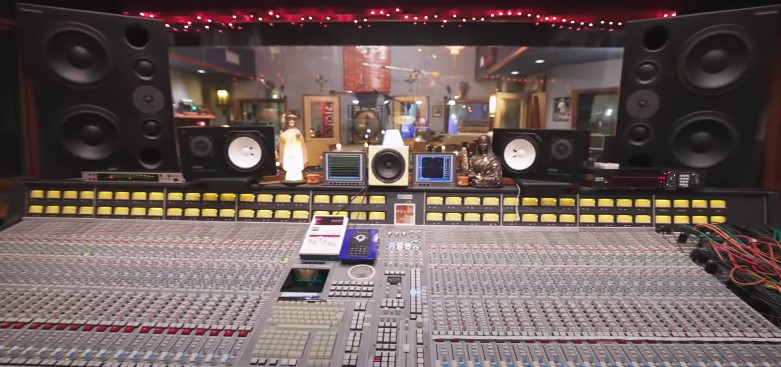
Factors Affecting the Cost of Producing a Song
The cost to produce a song can vary significantly based on several factors. From the level of professionalism desired to the complexity of the production, numerous elements come into play when determining the financial investment required. Here are some key factors that can affect the cost of producing a song:
Studio Rental
One of the most significant factors impacting the cost is the choice between recording in a professional studio or setting up a home studio. Renting a professional studio can be expensive, especially if it comes with high-quality equipment and experienced engineers.
The hourly or daily rates of studios vary based on location, reputation, and facilities provided.
Equipment
The quality and quantity of equipment required for production can have a substantial impact on the cost. This includes microphones, headphones, audio interfaces, mixers, instruments, and studio monitors.
Investing in high-end equipment can significantly increase expenses, but it often leads to improved sound quality and overall production value.
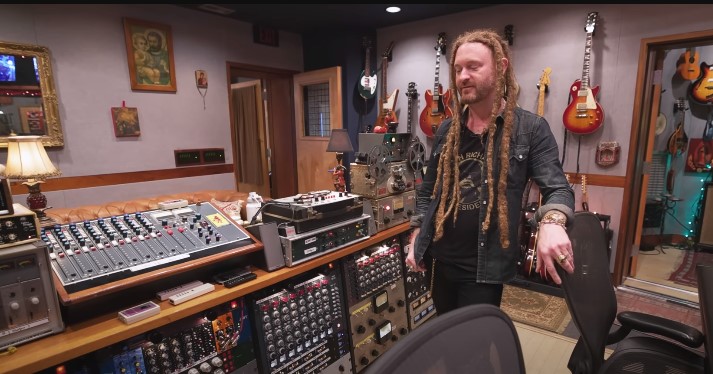
Musician Fees
If you plan to work with session musicians or hire a band, their fees will contribute to the overall cost. The rates of musicians vary depending on their experience, reputation, and the number of tracks they’ll be recording.
Some musicians charge per hour, per session, or per song, and it’s essential to negotiate and clarify the terms before starting the project.
Songwriting and Composition
If you don’t write your songs, hiring a songwriter can be an additional cost. Collaborating with a professional songwriter ensures the creation of original, captivating compositions. The fees can vary depending on the songwriter’s experience, track record, and involvement in the project.
Production and Arrangement
Hiring a producer or arranger can be advantageous for shaping the overall sound and structure of the song. They work closely with you to achieve the desired artistic vision and help with arrangement choices, instrument selection, and guiding the recording process.
The cost of a producer or arranger will depend on their expertise, track record, and involvement in the project.
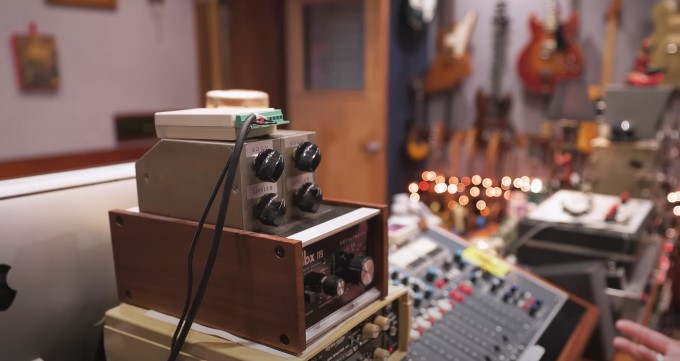
Mixing and Mastering
After recording the tracks, mixing and mastering are essential steps in the production process. Mixing involves adjusting the individual elements of the recording to create a cohesive and balanced sound, while mastering ensures the final product is polished and ready for distribution.
Professional mixing and mastering engineers often charge per song or per hour for their services.
Studio Time and Engineer Fees
The time spent in the studio and the fees of the recording engineer can significantly impact the cost. The number of hours required for recording depends on various factors, including the complexity of the song, the number of instruments involved, and the skill level of the musicians.
Experienced engineers may charge higher rates, but their expertise can greatly contribute to the quality of the final product.
Studio Musicians and Vocalists
If you don’t have access to talented musicians or vocalists, hiring them for the recording can be an additional expense. Session musicians and vocalists bring their skills and professionalism to enhance the quality of the recordings.
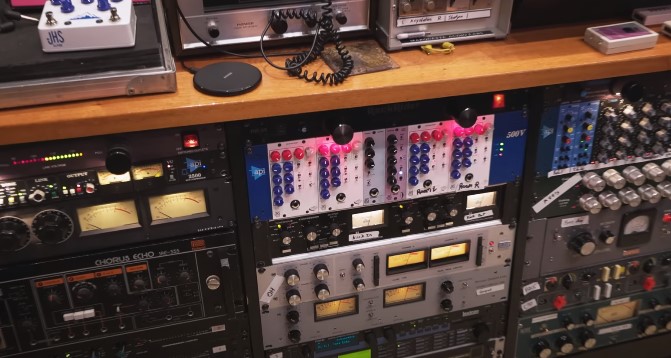
The cost will depend on their experience, availability, and the number of tracks they’ll be contributing to.
Post-Production and Editing
Once the recording is complete, there may be additional expenses related to post-production and editing. This includes tasks like comping (selecting the best parts from multiple takes), tuning vocals, aligning tracks, and cleaning up any unwanted noise or artifacts.
Professional editors or engineers may charge per hour or per song for these services.
Licensing and Samples
If you plan to include copyrighted material, such as samples, loops, or samples from other artists’ recordings, you may need to obtain proper licenses. Licensing fees can vary depending on the type of usage, the popularity of the original material, and the duration of the usage.
It’s crucial to ensure legal compliance and factor in these costs when producing a song.
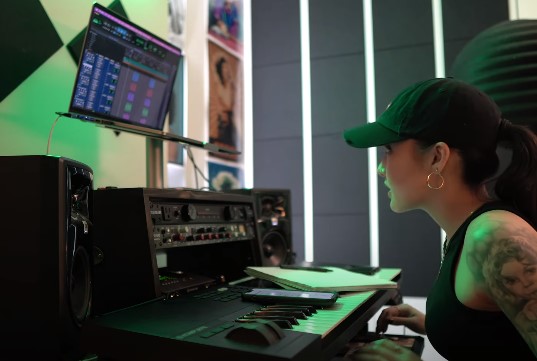
Distribution and Promotion
While not directly related to the production process, distribution and promotion expenses should be considered. This includes fees for digital distribution platforms, marketing services, music videos, photography, artwork, and promotional campaigns.
These costs are incurred after the production phase but play a crucial role in getting your song heard and reaching your target audience.
Revisions and Additional Work
It’s not uncommon for changes and revisions to be made during the production process or after the initial recording is complete. Additional recording sessions, re-tracking parts, or remixing can incur extra costs.
It’s important to establish clear communication and understand the terms and conditions regarding revisions and additional work before starting the project.
Considering these factors and establishing a budget upfront can help ensure a smooth and successful production process while achieving the desired artistic vision.

How Do Music Producers Make Money?
Music producers have several avenues through which they can generate income. Here are some of the primary ways music producers make money:
Production Fees
Music producers earn money through the production fees charged for their services. These fees can vary depending on the producer’s experience, reputation, and the scope of the project.
Production fees are negotiated upfront and are typically paid by the artist or the record label hiring the producer.
Royalties
Producers may also receive royalties from the songs they have produced [1]. Royalties are a percentage of the revenue generated by the song, including sales, streaming, and performance royalties. The specific royalty rate and terms are usually agreed upon in the production agreement or contract.
Publishing and Songwriting Credits
Music producers who contribute to the songwriting process may be entitled to publishing royalties. This includes receiving a share of the revenue generated from the composition of the song.

Producers who co-wrote the music or lyrics can negotiate for songwriting credits, entitling them to a percentage of publishing royalties.
Licensing and Sync Deals
Music producers can license their produced tracks for use in various media, including films, television shows, commercials, and video games. Sync licensing deals involve granting the right to synchronize the music with visual content, and producers earn money through upfront licensing fees and ongoing royalties.
Mixing and Mastering Services
Producers with expertise in mixing and mastering can offer these services to other artists. They charge fees for fine-tuning and enhancing the audio quality of recorded tracks, ensuring professional-grade sound.
Mixing and mastering can be a lucrative source of income for producers with a solid reputation for delivering high-quality results.
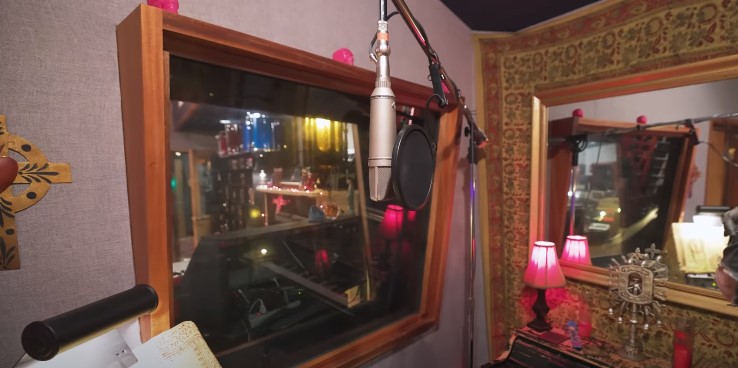
Merchandise and Branding
Established music producers may develop their merchandise lines, such as sample packs, sound libraries, or production tutorials. They can also build a brand around their name and expertise, leading to sponsorship opportunities, endorsements, and partnerships that generate income.
Teaching and Workshops
Experienced music producers often share their knowledge and skills by offering educational resources, online courses, or conducting workshops. They earn money by charging fees for access to these learning materials or by hosting in-person or virtual workshops and seminars.
It’s important to note that the income streams for music producers can vary greatly depending on factors such as their level of experience, industry connections, track record, and the success of the songs they have produced.
Diversifying income sources and building a solid reputation within the industry are key strategies for music producers to generate sustainable income..
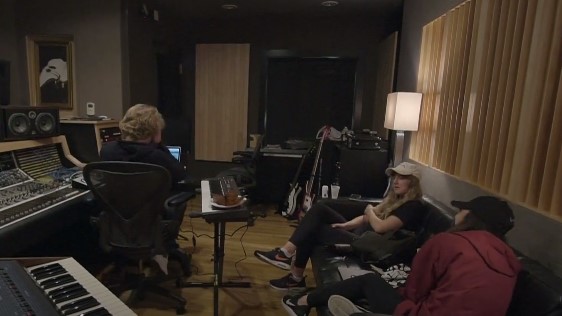
Conclusion
In the enchanting world of music production, the cost to create a song is as diverse as the melodies themselves. From studio rentals and equipment investments to musician fees and post-production expenses, the price tag varies based on individual needs and aspirations.
So, embark on your musical journey, armed with knowledge and passion, and let the symphony of your creativity unfold.

